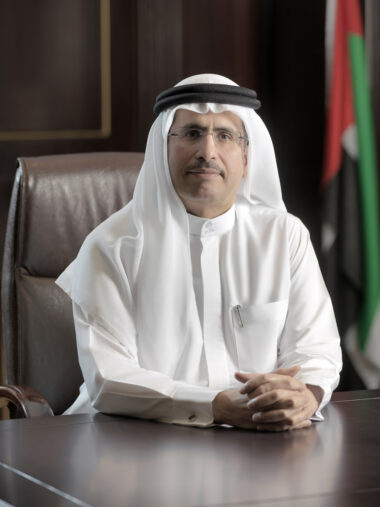Case study images and grabs: https://bit.ly/4eNnGkX
NSW has cemented its position as one of Australia’s leading jurisdictions for recyclers, thanks to improved infrastructure which can now process nearly 140,000 tonnes of additional material annually.
The $9.1 million funding injection, over the last five years, into the recycling sector under the NSW Environment Protection Authority (EPA)’s Product Improvement Program has delivered a critical boost to the sector.
The program was an early response to China’s 2018 National Sword Policy restricting the importation of certain materials for recycling including most plastics, paper and cardboard, glass and other solid wastes.
The program is complete and has significantly bolstered NSW’s recycling industry, coinciding with National Recycling Week.
The initiative has achieved:
- Almost 85,000 tonnes of recyclable material re-directed from landfill
- Contamination rates for plastic and paper and cardboard dropping up to 11%
- Over 46,000 tonnes of recycled material processed or reprocessed per year
- More than 24,000 tonnes of plastic reprocessed and remanufactured, and
- More than 46,000 tonnes of recycled material used to manufacture new products per year.
NSW EPA CEO Tony Chappel said increasing our state’s capacity to recycle material is critical with landfill space in Greater Sydney set to be exhausted by 2030.
“At our recent Circular Economy Summit, we highlighted the need to take decisive action and come up with new waste and recycling solutions.
“This program showcases what we can do when we invest and innovate together. We’ve seen significant leaps forward by industry at all stages of the recycling journey from sorting to reprocessing and remanufacturing,” Mr Chappel said.
“Material recovery facilities have improved the quality of recycled products, contamination rates have dropped up to 11%, and we’ve increased our capacity to process waste by almost 140,000 tonnes each year.
“This is a huge achievement, equivalent to 1,700 Olympic swimming pools.”
Prior to the National Sword Policy, China was the largest importer of recyclable products accounting for 30% of Australia’s exports. The restrictions severely impacted Australia’s ability to export recyclable materials, requiring the recycling sector to shift towards local solutions.
In 2018-2019, 22 grants were awarded aimed at helping industry respond by expanding and improving local recycling markets and infrastructure.
A diverse range of projects were launched with various goals, from enhancing recycling infrastructure, driving innovation for recycling plastics, paper, cardboard, glass and problem waste, and enabling more Australian-sourced recycled material for use in product manufacturing.
These results helped NSW deliver almost 140,000 tonnes of additional capacity, targeting 53% of materials impacted by the National Sword Policy in NSW.
For more information, visit: https://www.epa.nsw.gov.au/product-improvement-program-evaluation
Contact details:


